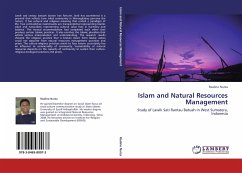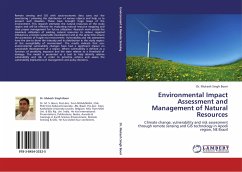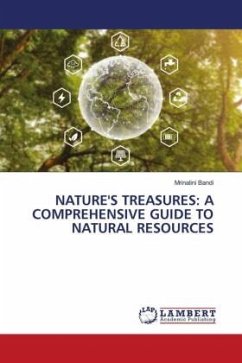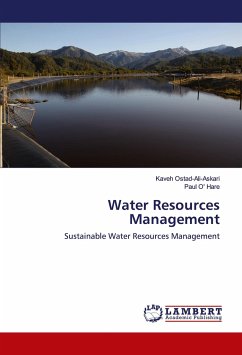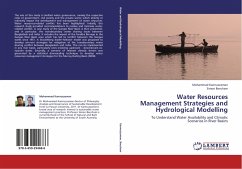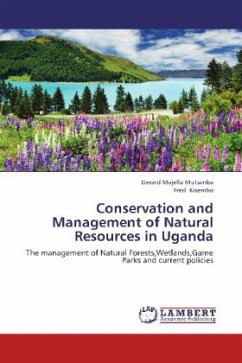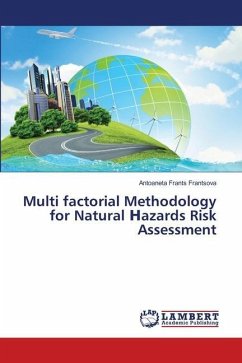Lawik sati rantau batuah (ocean has fortune, land has sacredness) is a proverb that reflects how tribal community in Minangkabau perceive the nature. It has cultural and religious meaning that united a paradigm of life. Two contradictive mainstreams are transcendental representing Islamic value and naturalistic representing cultural value lives in harmony and balance. This mutual accommodation had completed each other that produce certain Islamic practices. It also enriches the Islamic pluralism that admits various interpretation and understanding. The research results showed the religious practice that is broken down from Islamic values could not separate from natural resources management practices and praxis. The culture-religious practices orient to face nature uncertainty has an influence to communality of community. Sustainability of natural resources depends on the capacity of community to sustain their culture-religious-ecological practices and praxis.
Bitte wählen Sie Ihr Anliegen aus.
Rechnungen
Retourenschein anfordern
Bestellstatus
Storno

